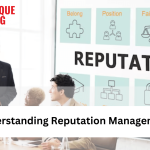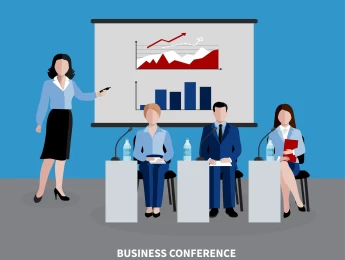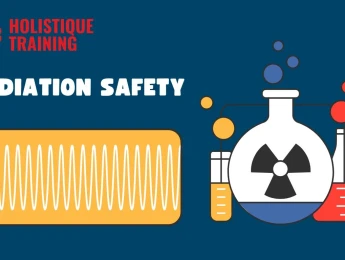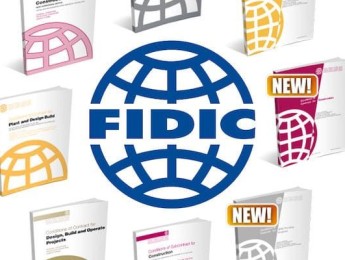Tourism is essential to many countries and areas, bringing in profit from tourists to support the economy. To ensure that attractions thrive, it’s important that tourism professionals in every capacity are motivated, knowledgeable, and supportive of the product that they are trying to push.
These skills require tourism professionals to engage in their role and consciously try to stay on trend with customers’ needs and desires. This requires the ability to research, conduct regular training and work together as a team to share best practices.
Customer focus is a massive part of hospitality, and tourism professionals also need to consider the customer journey and experience in everything they do to work towards continuous improvement. This may involve asking for feedback, developing new processes and procedures, and considering risks to the business and tourist industry in the area as a whole. Working towards a better service requires thorough road mapping, consideration of feedback, and continuous training to provide the best service and keep tourists coming back time after time.
It’s not all about the tourists, though. Managing a tourism company or a team of employees means working closely with partners and stakeholders to ensure you maintain a great location for your offering and meet the expectations of those you partner with.
Upon completion of this course, participants will be able to:
- Understand the needs of tourists and apply changes to your processes based on feedback.
- Develop contingency plans based on environmental and climate changes to fulfil your obligations.
- Share best practices with other tourism professionals based on experiences.
- Review the customer journey for each experience to aim for continuous improvement.
- Conduct audits on your service offering and put in processes to manage and mitigate risks.
- Recruit and train the right employees for the role and manage using motivational techniques.
- Understand how to develop and maintain mutually beneficial stakeholder and partner relationships.
This course is designed for anyone in the tourism industry responsible for managing a team of tourism professionals to sell an experience or product. It would be most beneficial for:
- Hospitality Managers
- HR Managers
- Account Managers
- Frontline Hospitality Employees
- Recruitment Professionals
- Project Managers
- Planning Managers
This course uses various adult learning methods to aid full comprehension and understanding. Participants will experience the inner workings of hospitality and tourism management through videos and interactive presentations discussing good service.
Group discussions and practical exercises will help teams review their offerings and make changes based on customer journey mapping. Each participant will develop their communication skills through role-play, accepting feedback and agreeing to changes based on problems raised.
Day 5 of each course is reserved for a Q&A session, which may occur off-site. For 10-day courses, this also applies to day 10
Section 1: Managing & Leading a Tourism Team
- Why is it important to find the right people?
- Performance management and deciding on your objectives.
- Motivational techniques to develop team morale.
- Establishing a brand voice and gaining buy-in from employees.
- How to highlight and manage poor performance.
Section 2: Risk Management Within Tourism
- Assessing financial risk.
- Auditing and providing risk mitigation.
- Creating an effective contingency plan for events.
- Health and safety considerations.
- GDPR issues and how to resolve them.
- Language barriers and how to manage complex customer needs.
Section 3: Handling Your Finances
- Benchmarking your prices against competitors.
- Staying within budget while still offering the best.
- How to create brand loyalty and value for money without spending.
Section 4: HR & Relationship Management
- Finding the best employees through effective recruitment.
- Understanding what your partners are asking.
- Effective negotiation to develop a mutually beneficial relationship.
- Pitch your ideas to your stakeholders to gain investment.
Section 5: Enhanced Communication Techniques
- Engaging an audience and giving tourists what they want.
- Going above and beyond.
- How to alter communication styles based on customer needs.
- Maintaining an infectious motivational style.
- Building rapport with each individual.
Section 6: Supporting & Enhancing the Customer Experience
- Customer journey mapping.
- SWOT analysis to determine the most beneficial changes.
- Asking for feedback from tourists.
- Using feedback constructively to make improvements.
Section 7: Training & Best Practice Sharing
- Delivering intense training.
- Upskilling employees based on customer feedback.
- Practical exercises to build morale.
- Group sessions and sharing best practice
Section 8: Marketing Your Product
- Developing effective marketing materials.
- Your marketing plan and roadmap.
- Making strategic alterations when things don’t go to plan.
- Innovation against competitor offerings.
- Maximising sales without using hard sale techniques.
- Creating an open and inviting culture that customers can buy into.
Upon successful completion of this training course, delegates will be awarded a Holistique Training Certificate of Completion. For those who attend and complete the online training course, a Holistique Training e-Certificate will be provided.
Holistique Training Certificates are accredited by the British Assessment Council (BAC) and The CPD Certification Service (CPD), and are certified under ISO 9001, ISO 21001, and ISO 29993 standards.
CPD credits for this course are granted by our Certificates and will be reflected on the Holistique Training Certificate of Completion. In accordance with the standards of The CPD Certification Service, one CPD credit is awarded per hour of course attendance. A maximum of 50 CPD credits can be claimed for any single course we currently offer.
- Course Code IND15-101
- Course Format Classroom, Online,
- Duration 5 days













